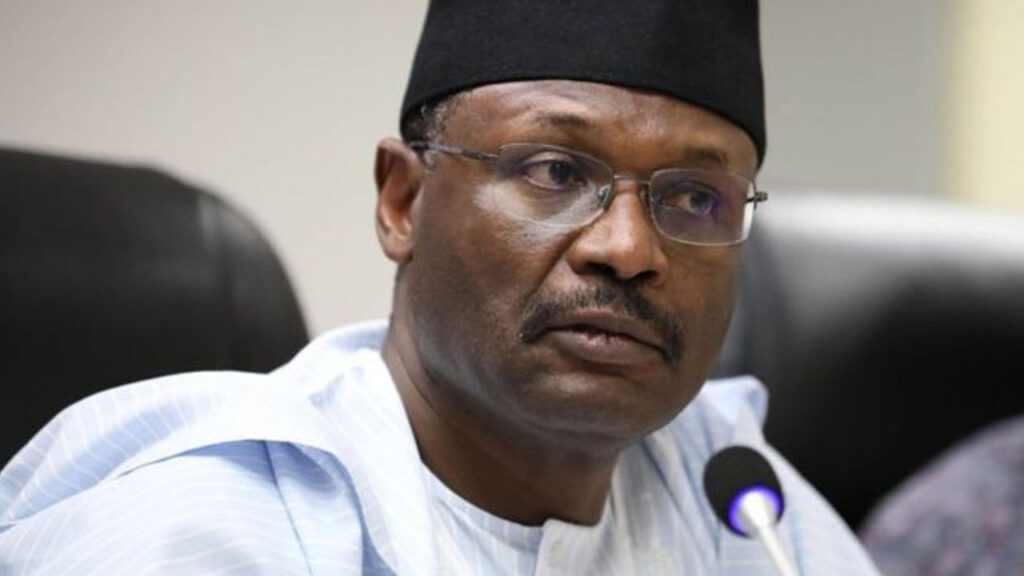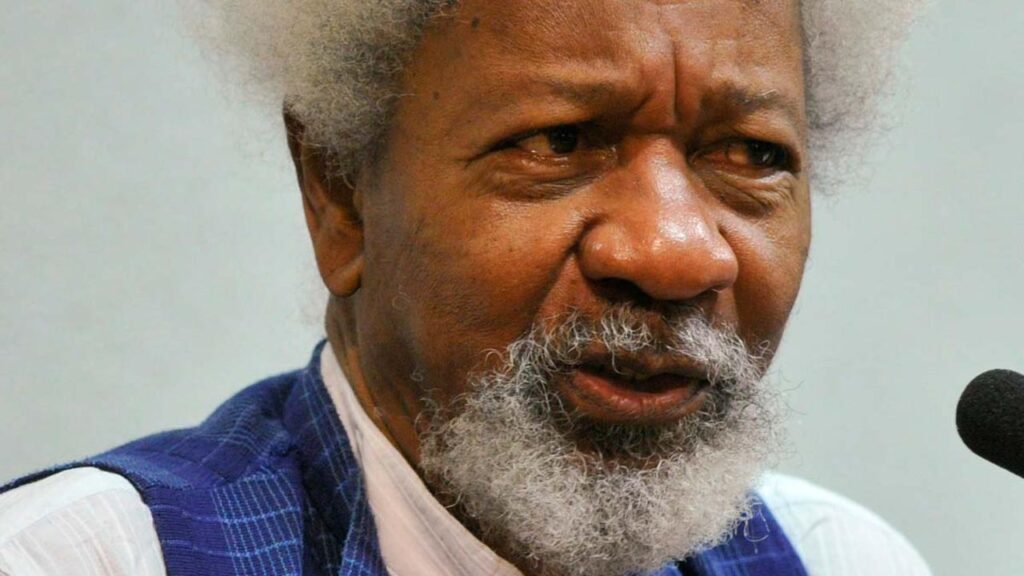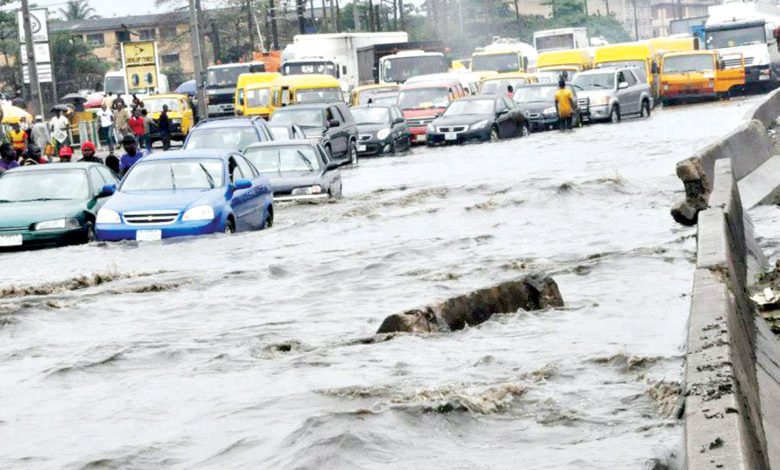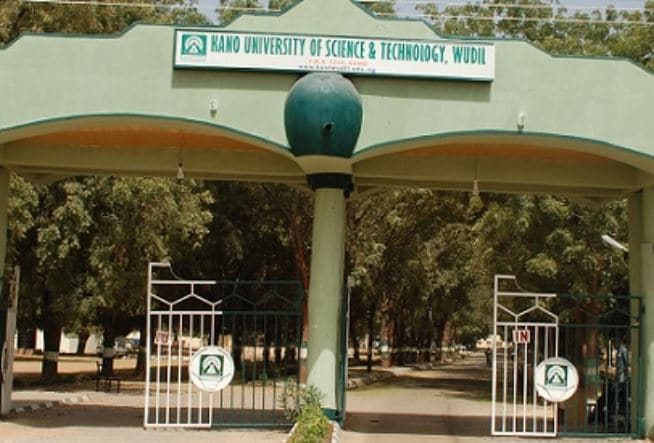
• Kills over 78,899 Nigerians, infects 125,000 new persons yearly
• Breast, prostate, cervical account for 50% of cancer cases
• 40% of cancers curable, preventable when presented early
• Only four radiotherapy machines for 200m population
• Experts recommend regular exercise, screening, vaccination against liver, cervical cancers
• Urge FG to make vaccines free, equip more centres, support awareness creation initiatives
• WHO launches new roadmap on breast cancer
Cancer kills no fewer than 78,000 Nigerians and infects 125,000 new persons yearly with breast, prostate, cervical and Non-Hodgkin’s lymphoma accounting for approximately half of all cancer cases, recent reports have shown.
Also, there is high cancer-related mortality in Nigeria compared to other nations. For example, cervical cancer mortality ratio is about 51 per cent compared to less than 20 per cent in North America.
Medical experts, who spoke to The Guardian, at the weekend, decried the high cost of cancer treatment in Nigeria, saying there is need to make treatment of cancer affordable and accessible in a country where medical care is basically out of pocket for most individuals and insurance coverage is less than five per cent of the population.
According to them, radiotherapy costs about N1 million per treatment cycle while the average cost of treating cancer comprehensively for an individual is estimated at N20 million.
Currently, Nigeria has four functional radiotherapy machines serving over 200 million persons across the 36 states and Federal Capital Territory (FCT), Abuja, which is evidence of low investment as regards cancer care.
The medical experts include: Director of Research, Nigerian Institute of Medical Research (NIMR), Yaba, Lagos, Prof. Oliver Ezechi; former Minister of Health, Isaac Adewole; cancer expert and radiologist at the University of Nigeria Teaching Hospital (UNTH), Enugu, Prof. Ifeoma Okoye; a global health consultant/Chief Technical Advisor of E4HDI, Dr. Nnenna Ezeigwe and former Commissioner for Health in Ondo State, Dr. Dayo Adeyanju.
According to World Health Organisation (WHO)’s fact sheet, “cancer is a leading cause of death worldwide, accounting for nearly 10 million deaths in 2020, or nearly one in six deaths.
“The most common cancers are breast, lung, colon and rectum, and prostate cancers. Around one-third of deaths from cancer are due to tobacco use, high body mass index, alcohol consumption, low fruit and vegetable intake and lack of physical activity.
“Cancer-causing infections, such as human papillomavirus (HPV) and hepatitis, are responsible for approximately 30 per cent of cancer cases in low and lower-middle-income countries. Many cancers can be cured if detected early and treated effectively.”
WHO also released a new Global Breast Cancer Initiative Framework, providing a roadmap to attain the target to save 2.5 million lives from breast cancer by 2040. The new Framework recommends to countries to implement the three pillars of health promotion for early detection, timely diagnosis and comprehensive management of breast cancer.
Ezechi told The Guardian that the rise in cancers in Nigeria forms part of a larger epidemiological transition in which the burden of chronic, non-communicable disease—once limited to developing countries—is now increasing in developing countries.
Ezechi said Nigeria is burdened by cancers attributable to infectious diseases in addition to the accumulating risks associated with adoption of western diet, tobacco use, alcohol intake, lack of exercise from sedentary lifestyle and pollution from hydrocarbon and industrial effluents.
He said, additionally, rise in cases of cancer could be due to increase in case detection rates and reporting. Is there a cure for cancer? Ezechi said it depends on the type and stage of the cancer, type of treatment received, among other factors. He said while some, like cancer of the cervix are curable if detected early, some others cannot be cured yet, but can be managed to improve the quality of life of the patient.
“Each cancer needs to be treated differently. There isn’t one cure for all cancer,” he said. On what Nigerians can do to prevent the development of cancers, Ezechi said increasing access to prevention services could help avert the risk of developing cancer. He said more than half of cancer occurring in Nigeria is preventable by applying available knowledge in terms of lifestyle changes, scaling up treatment options and preventive services.
For Adewole, there is rise globally, particularly, in Africa and Nigeria cannot be an exemption. Adewole, who is also a former Vice Chancellor of the University of Ibadan, Oyo State, and President of the African Organisation for Research and Training in Cancer, said cancer is a disease of ageing and is affected by lifestyle changes and environment.
Adewole said high fatality in Nigeria is related to lack of awareness, poor health seeking behaviour, leading to late presentation, as most cases come in at advanced stages. He added that there are only two centres in public hospitals in Nigeria fully equipped to manage cancers.
The former Health Minister said there are about 12,000 new cases yearly and the fatality is around 8,000. “Yes, 40 per cent are curable, especially, when they present early, while 40 per cent are preventable through lifestyle modifications,” he said.
The medical doctor said exercise, regular checkup or screening, vaccination against liver and cervical cancer are recommended. The physician urged the Federal Government to make vaccines free, equip more centres and support educational and awareness creation initiatives.
Okoye noted that cancer has remained top on the list of diseases that are indiscriminately reducing the welfare and wellness of persons across the world, particularly, in developing countries.
“About 70 per cent of cancer deaths occur in developing nations like Nigeria due to lack of access to optimal care. Nigeria is currently estimated to have 233,911 cancer cases, with 124,815 new cases and 78,899 cancer deaths, yearly,” she said.
Okoye said tobacco use is the most notable risk factor for cancer responsible for approximately 22 per cent of cancer deaths. She said other important lifestyle risk factors include alcohol consumption, unhealthy diet, physical inactivity, obesity and air pollution.
Ezeigwe said: “The rising cases of cancer in Nigeria is as a result of demographic transition and increase in attributable risk factors. As a non-communicable disease, no single cause has been established for most cancers. Rather, cancer results from interplay of various risk factors.
“The level of air pollution worsened by a frenzy of generator fumes due to power deficiency is particularly worrisome, because even the most discerning of citizens cannot protect themselves from the menace. Governance and socio-economic policies shape these factors and it is important every citizen takes these into consideration as we go into the general elections soon.”
Adeyanju said there is need for reasonable regulation, higher taxation on tobacco and alcoholic beverages, as well as improved awareness.
“Each year, cancer claims 72,000, with an estimated 250,000 new cases. According to WHO, cancer was responsible for over 78,800 deaths in 2020 and 44,699 in 2021 with women often more affected by breast and cervical cancers. It projected that an estimated 28.4 million new global cancer cases would occur in 2040, a 47 per cent rise from 2020.
“Nigeria has a higher cancer mortality rate than most other nations. While 19 per cent of all breast cancer cases in the United States result in mortality, the ratio is 51 per cent in Nigeria. This is due to late diagnosis, limited treatment options and poor treatment outcomes.”












